
The primary function of your lungs is to bring in oxygen from the air and pass it into your bloodstream to be used by your cells and tissues. The cells convert the oxygen into carbon dioxide that is carried back to your lungs to be exhaled. Your lungs also play a role in balancing the pH of your body and they protect you from bacteria, viruses, and other pathogens. Your lungs are lined with mucus and tiny-hair like projections, called cilia. The combination helps trap dust and other unwanted particles. The particles are removed from your body by either coughing or swallowing. If the particles are swallowed, they end up being broken down during digestion. Just like every other organ system in your body, your lungs require care and attention if you want them to function optimally. Here are some ways you can strengthen your lungs.
Diet
Just like every other system in your body, your respiratory system requires a specific set of vitamins, minerals, and antioxidants to function properly. Some of the nutrients directly involved in lung health include vitamin C, vitamin E, beta carotene, vitamin A, selenium, zinc, and magnesium. Fruits and vegetables are natural sources for these nutrients. For example, apples have been studied for their role in slowing declining lung function. And the potassium in bananas has been shown to help the lungs expand and contract.
Sulforaphane is a plant compound that’s found in cruciferous vegetables, but it’s particularly high in broccoli sprouts. It’s a potent antioxidant. Lung tissue is particularly sensitive to damage from bacteria, viruses, pollution, and chemicals. There has been research that has looked at the positive affect of sulforaphane on lung disease.
Medicinal Plants
Moringa oleifera is a medicinal plant that’s been used for thousands of years in Ayurvedic medicine for its healing properties. Along with its researched benefits for respiratory health, moringa is also known for its anti-inflammatory and antioxidant properties. Ginger is another medicinal plant that’s been used for thousands of years to treat a variety of ailments. When it comes to lung health, it can help by relaxing the muscles of the airways. Licorice is one of the more widely consumed herbs in the world. It is very soothing and softens the mucus membranes of the throat, and especially the lungs and stomach, and at the same time cleanses and provides immune system support. Compounds within licorice root are thought to help relieve bronchial spasms and block the free radical damage that causes inflammation and tightening of the air ways.
Essential Oils
Pure food grade essential oils can be profoundly healing when used correctly. Rosemary and eucalyptus essential oil both contain a bioactive compound called cineole which has been studied for it's anti-inflammatory properties, along with it's ability to dilate the bronchial tubes in the lungs and create mucus. All of these things are important for your lung health. Other essential oils that may support a respiratory system include lavender, frankincense, and myrrh, If you want to improve lung capacity for exercise, peppermint essential oil may be the oil for you. Research shows that when peppermint essential oil is added to water before a workout, it not only improves your respiratory rate, but it also relaxes bronchial muscles and increases oxygen to your brain. Plus it is incredibly uplifting.
Breathing Exercises
Like any muscle, the lungs will become stronger if they are exercised. Breathing exercises have the added benefit of increasing your oxygen intake. One breathing exercise is pursed lip breathing. It is done by breathing in through your nose, and then breathing out twice as long through your mouth while pursing your lips. This exercise keeps your airways open longer by reducing the number of breaths you take. Repeat this for five to ten minutes to strengthen your lungs. In this next exercise, use your fingers to partially close both of your nostrils to create a comfortable amount of resistance when you inhale. After the inhalation, release your fingers and exhale freely. Repeat 5 times.
Another type of breathing exercise is diaphragmatic breathing. With diaphragmatic breathing, begin by breathing in through your nose, and focus on filling your stomach up with air. You can tell if you're breathing deep enough by putting a hand on your stomach to see it rise and fall. To exhale, breathe out through your mouth two to three times as long as you did to inhale. Repeat for five to ten minutes.
Clean Air
Pollutants are particularly harmful to lung health. And the pollutants that can accumulate inside your home can be as bad, or worse than the environmental pollutants outside. Some of the common toxins found in the home are the typical commercial air fresheners, candles, all types of soaps, cleaning products, body care products, mold, dust, and dander. The best thing to do is to switch to safe and healthy non-toxic products and clean your home often to eliminate the chance for mold, dust, and dander to accumulate. If you live in an area with industrial air pollution, you might want to consider a high quality home air filter.
Did this help you? If so, I'd greatly appreciate it if you commented and/or share it on social media.

Email: sharonledwards@hotmail.com
Facebook: https://www.facebook.com/sharonledwardsbiz/


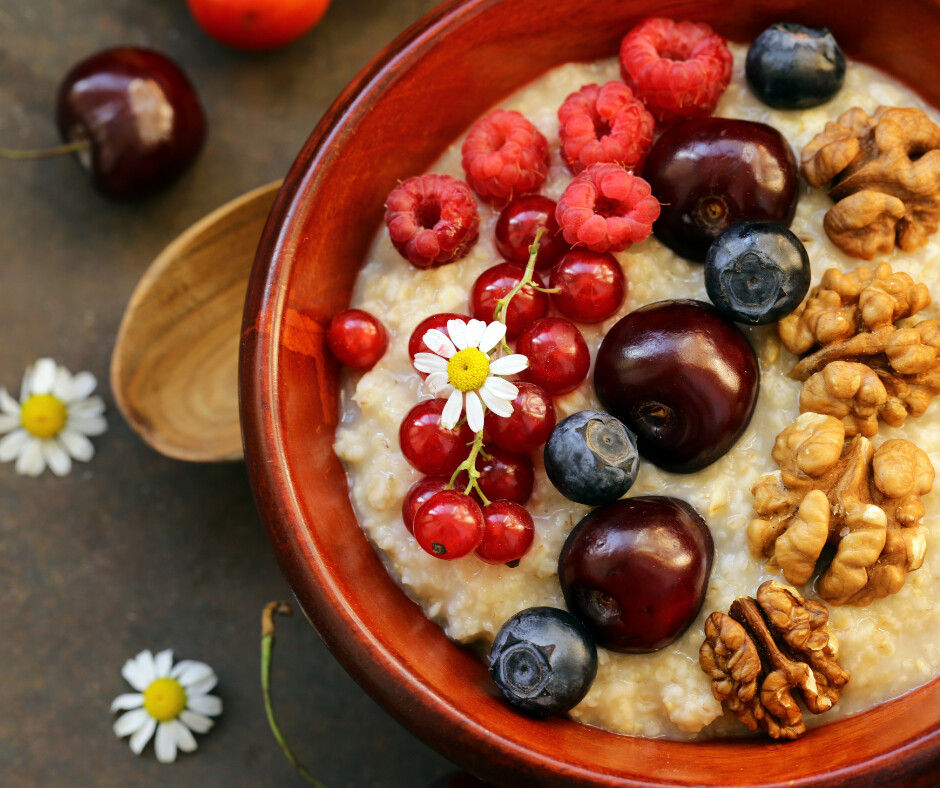
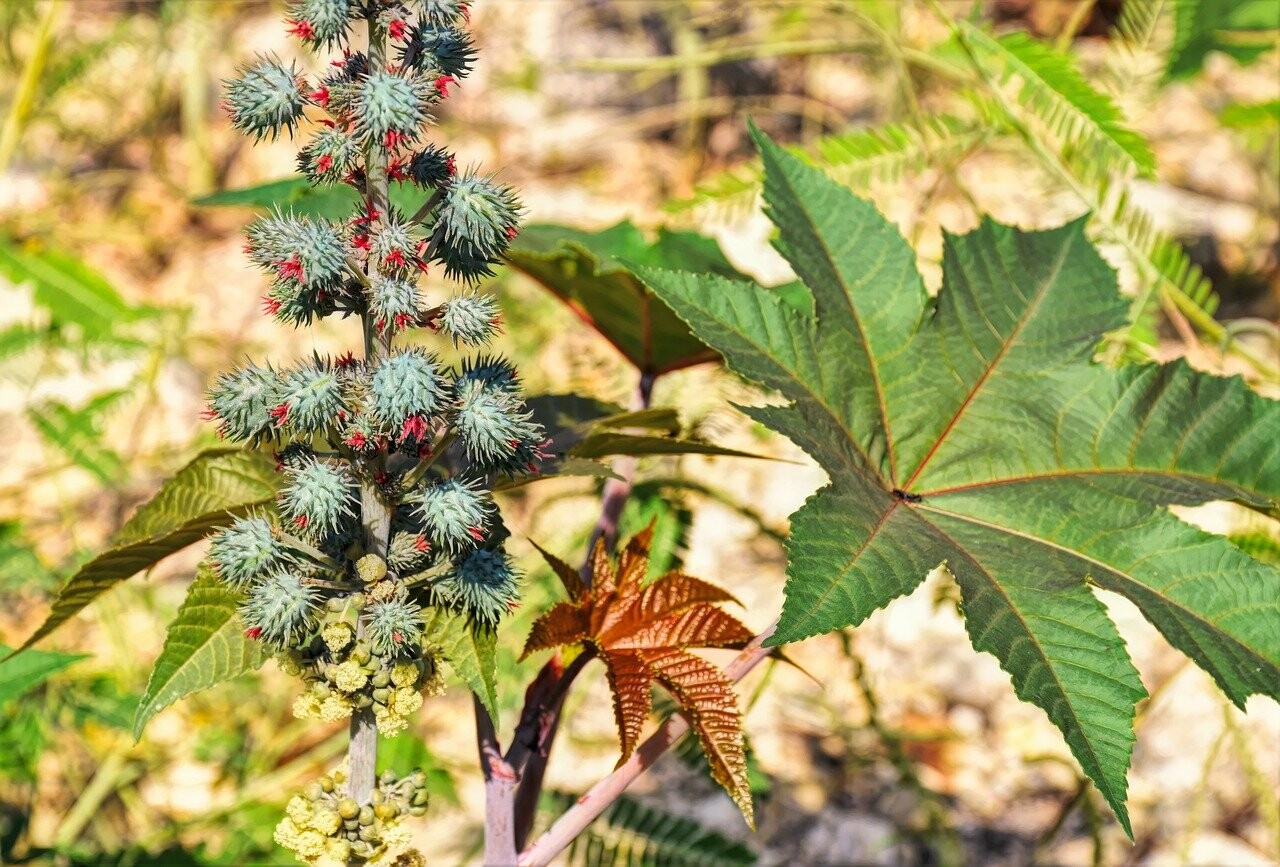

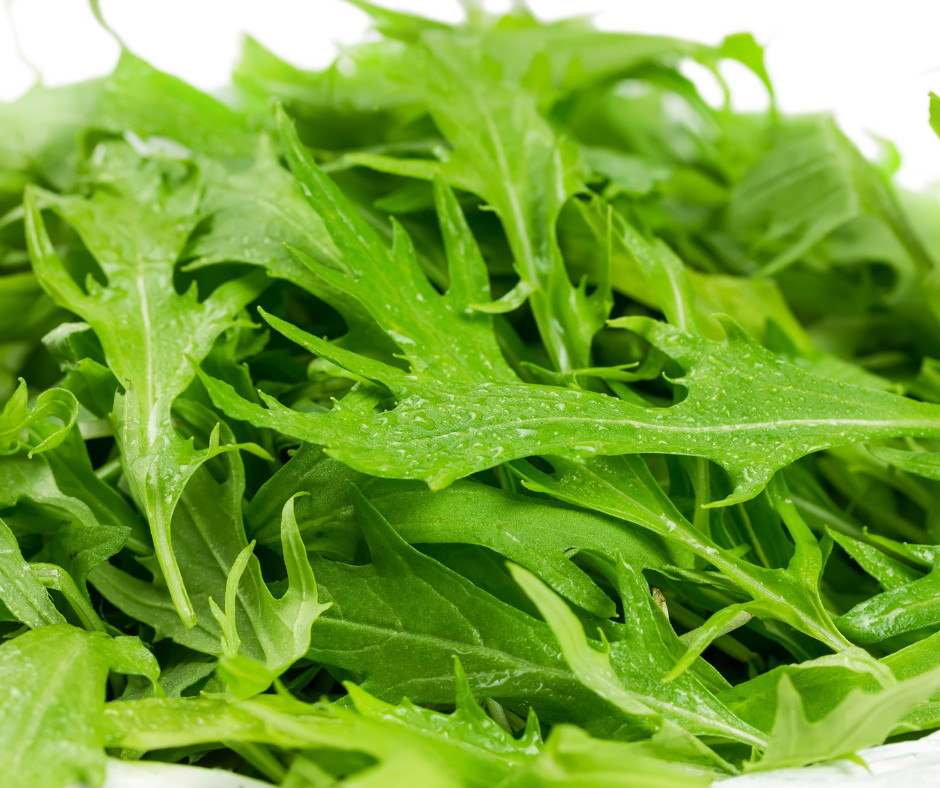



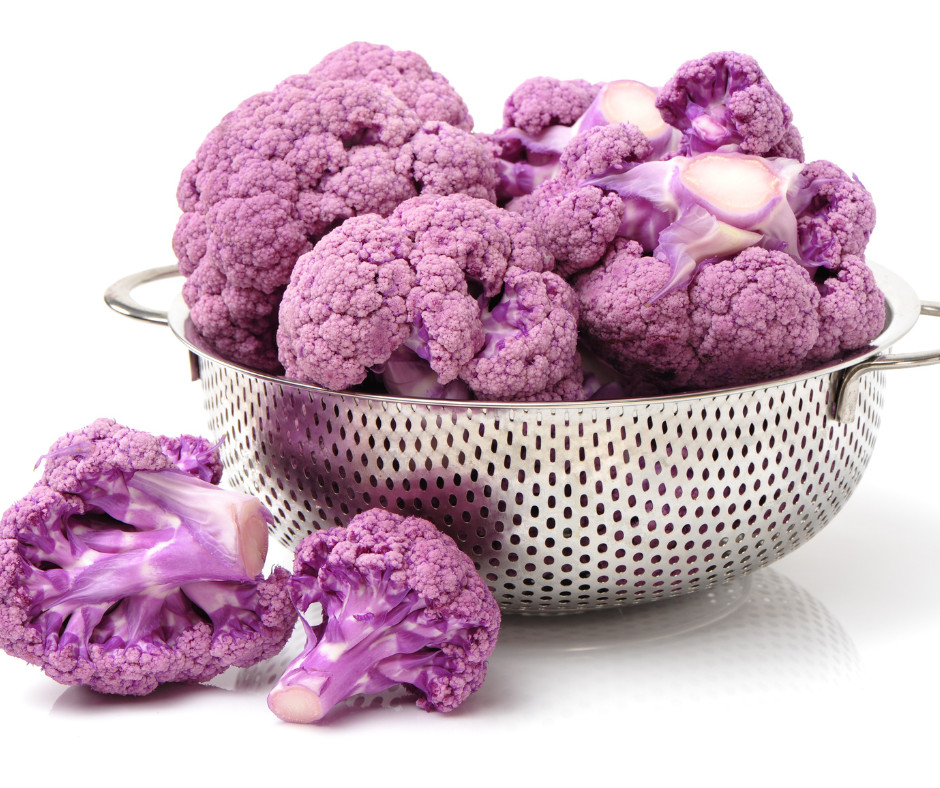
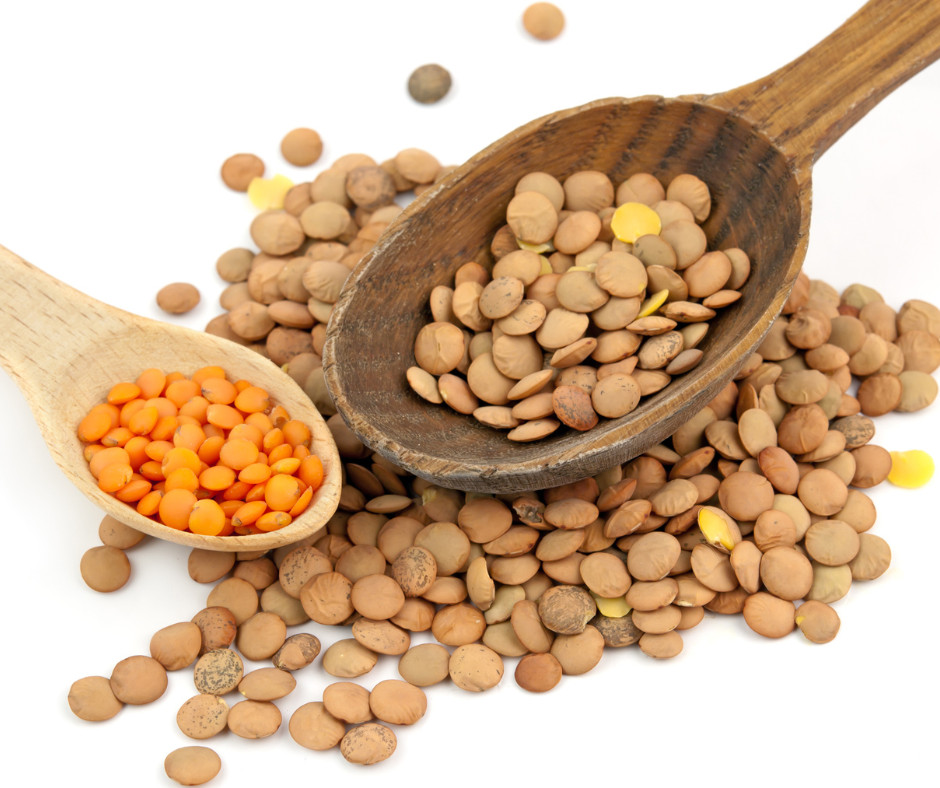
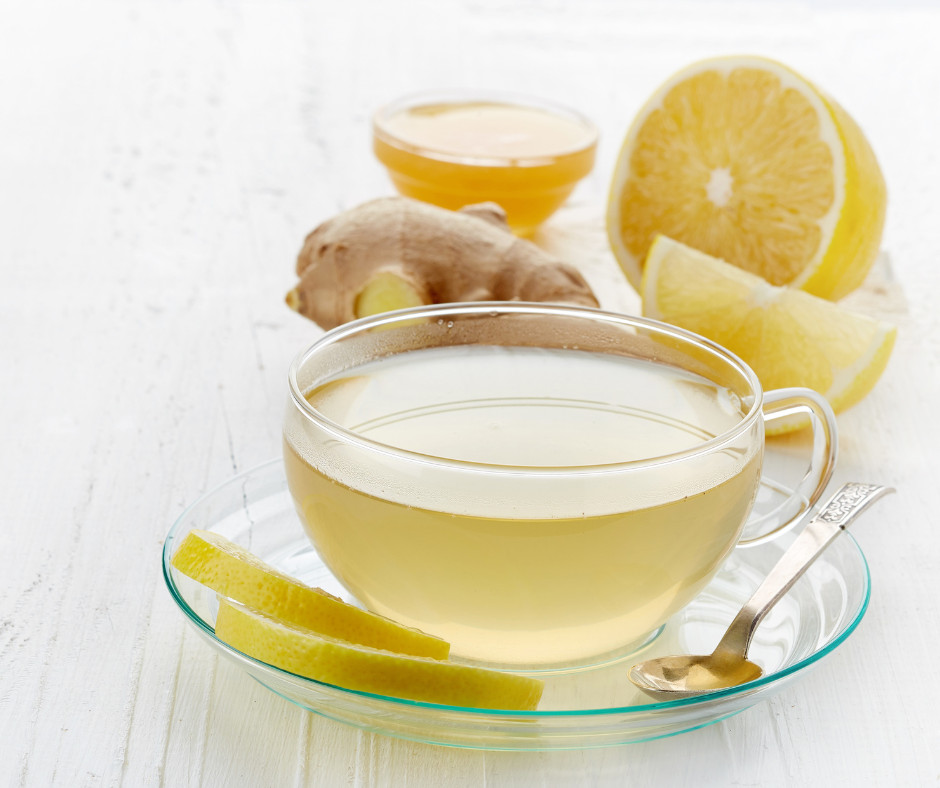





0 Comments